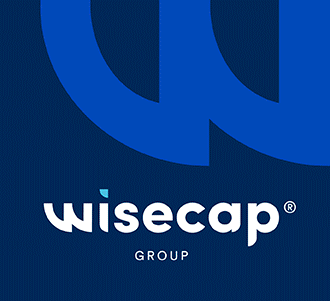Repeated use of this term without thought of the unintended consequences might explain why 30% of respondents did not know that plastic drinks bottles are 100% recyclable. This confusion is likely to have an adverse effect on the recycling rates of plastic drinks containers in the UK.
“If we’re really going to improve recycling rates we all need to use clear, positive language’” said Bryan McCluskey, Circularity Director at NSWA. “The term ‘single-use plastic’ is not helping people to do the right thing with their plastic bottles.
” Many companies are increasingly using recycled plastic in their packaging, as seen in the UK Plastic Pact’s 2018 Report (2) published at the end of last year. Natural source water companies are leading the way, with NSWA members using increasing amounts of recycled material in their packaging, up to 100% recycled content in some cases.
“Our members want to use recycled content and to meet this demand we need people to recycle their drinks bottles,” added Bryan McCluskey. “We are working with the Scottish and UK Governments on the introduction of Deposit Return Systems.”
The need for clear and balanced discussion on packaging was highlighted in the Green Alliance’s Plastic Promises report, which warned against the consequences of demonising plastic and rushing to find alternatives, ‘to avoid the risk of simply substituting current environmental problems with new ones.’ (3)
To help improve recycling rates, positive messaging that encourages people to put items such as PET drinks bottles in the recycling, is very important. This will help to stop them ending up in landfill or worse still, the environment. It will also help secure the high quality, recycled material for producers are keen to use in their packaging.
www.naturalsourcewaters.org.uk
__________________________________________________________________
(1) Censuswide, Oct 2019. 2,004 respondents, 63% of whom said they drank natural source waters and 27% said they did not.
(2) https://www.wrap.org.uk/plasticsprogress
(3) Plastic promises: what the grocery sector is really doing about packaging, Green Alliance, 9 January 2020








